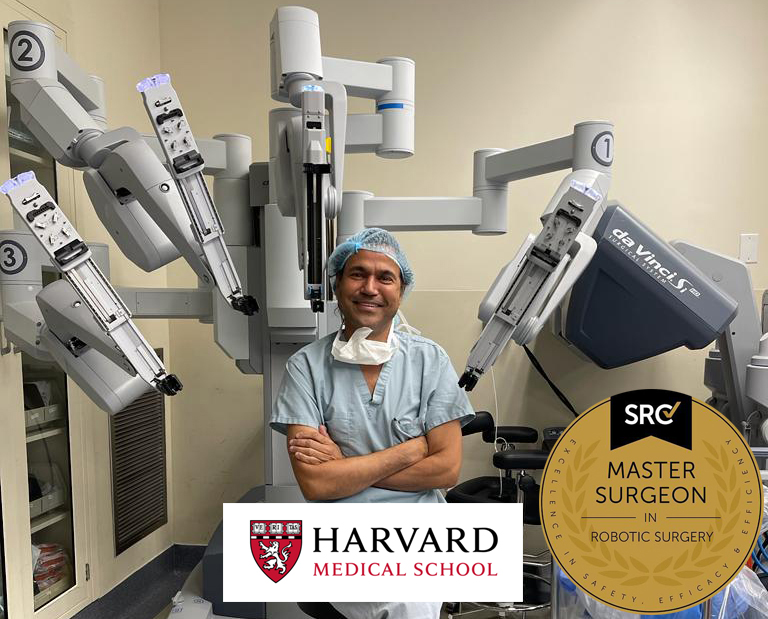Signs and Symptoms of Endometriosis
Discover the signs and symptoms of endometriosis, including pelvic pain, painful periods, discomfort during intercourse, heavy bleeding, fatigue, and more.
Learn when to seek medical evaluation for possible endometriosis diagnosis and treatment options.
Endometriosis is a prevalent condition that affects about 1 in 10 American women, but it is often misunderstood. It involves the abnormal growth of tissue similar to the uterine lining, called the endometrium, outside of the uterus. This can result in pain, scarring, and fertility issues.
Recognizing the signs and symptoms of endometriosis is crucial for early detection and appropriate management. This article aims to provide an informative overview of the common signs and symptoms associated with endometriosis, empowering individuals to seek timely medical evaluation and support.
What are the First Signs of Endometriosis?
The first signs of endometriosis can vary from person to person, and some individuals may experience no symptoms at all. However, there are common signs that can potentially indicate the presence of endometriosis. It’s important to note that these signs may also be associated with other conditions, so a proper medical evaluation is necessary for an accurate diagnosis.
The first signs of endometriosis may include:
- Painful menstrual periods (dysmenorrhea): Severe menstrual cramps that may begin one or two days before menstruation and last for several days. The pain may be located in the lower abdomen, back, or pelvis.
- Pelvic pain: Chronic or recurring pelvic pain that occurs outside of the menstrual period. It may be described as a dull, aching pain or sharp, stabbing pain.
- Pain during or after sexual intercourse (dyspareunia): Deep pelvic pain during or after intercourse. This pain may persist for some time after sexual activity.
- Painful bowel movements or urination: Pain or discomfort during bowel movements or urination, especially during menstruation. This can be accompanied by diarrhea, constipation, bloating, or blood in the urine.
- Heavy or irregular menstrual bleeding: Menstrual periods that are abnormally heavy or longer than usual. Some women may also experience spotting between periods.
- Fatigue: Excessive tiredness or low energy levels, which may be attributed to the chronic pain and inflammation associated with endometriosis.
It’s important to remember that endometriosis is a complex condition, and symptoms can vary significantly among individuals. Some people may have mild symptoms, while others may experience severe pain and other related issues.
If you suspect you may have endometriosis or are experiencing any of these signs, it’s advisable to consult with a healthcare professional who can evaluate your symptoms and provide a proper diagnosis.
Uncommon Symptoms of Endometriosis
While the most common symptoms of endometriosis include pelvic pain, painful periods, and pain during intercourse, there are also some uncommon symptoms that can occur in certain individuals with endometriosis. These uncommon symptoms may include:
Digestive issues: Some individuals with endometriosis may experience symptoms such as bloating, constipation, diarrhea, or nausea, especially during their menstrual cycle.
Urinary symptoms: Endometrial implants on the bladder or urinary tract can lead to urinary urgency, frequent urination, or blood in the urine.
Lower back or leg pain: In rare cases, endometriosis can cause lower back pain or radiating pain down the legs, similar to sciatica.
Painful bowel movements or bleeding from the rectum: Endometrial implants on or near the rectum can cause pain during bowel movements and, in rare instances, rectal bleeding.
Chest pain or shortness of breath: A very rare form of endometriosis, called thoracic endometriosis, can affect the lungs or chest cavity, causing symptoms such as chest pain or difficulty breathing.
It’s important to remember that these symptoms are less common and may not be present in all individuals with endometriosis. Each person’s experience with endometriosis can vary, and some individuals may not exhibit any symptoms at all.

- New York Gynecology Endometriosis
- Contact Info:
-
375 E. Main Street,
Suite 7, Bay Shore,
NY 11706 - (631) 533-9733
Pankaj Singhal, MD, MS, MHCM
机器人手术外科医生大师
Pankaj Singhal 博士是全球公认的子宫内膜异位症外科医生,在腹腔镜切除手术方面拥有超过 25 年的专业知识,这使他能够充满信心地应对最具挑战性的子宫内膜异位症病例。 Pankaj 医生治疗患有多种子宫内膜异位症相关疾病的患者,从卵巢子宫内膜异位症到影响肠道和其他器官的严重深部浸润性子宫内膜异位症。
Pankaj 医生优先考虑微创手术并提供全面的个人护理。此外,他还是纽约妇科和子宫内膜异位症 (NYGE) 的所有者和创始人,并一生致力于倡导、尊重和治疗患有这种鲜为人知的疾病的女性。他是全美国少数完成超过 5,718 例机器人辅助妇科手术的外科医生之一。

我们接受大多数主要保险计划
便捷的计费选项,全面覆盖。
手术通常由健康保险承保。然而,承保范围可能会有所不同,具体取决于具体的保险计划和保单。一些保险计划可能涵盖广泛的外科手术,包括选择性和必要的手术,而其他保险计划可能对某些手术有限制或排除。
在某些情况下,某些保险计划或计划可能会全额承担手术费用,使患者无需承担经济责任。
请求预约
New York Gynecology Endometriosis
"*" indicates required fields
